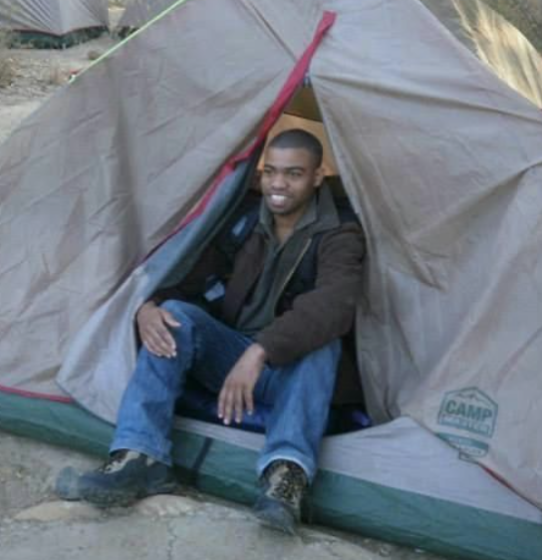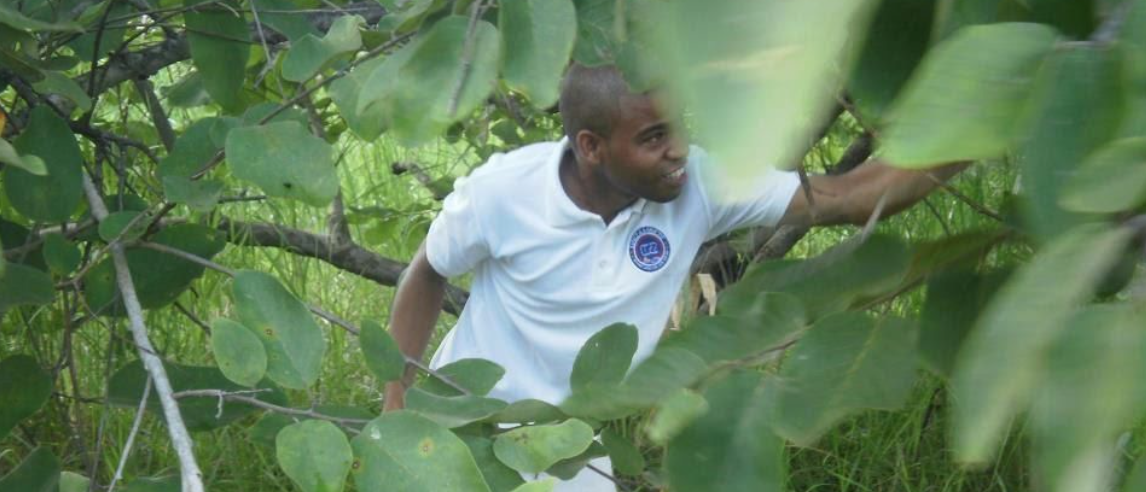That moment you connect the dots and realize a forest is more than just the trees – Next Gen student, Aurélio, reflects on his journey into the wild in this new Next Gen Voice Blog.
Just joining us and curious about what a Next Gen is? To us, a Next Gen is any young person who pursues their passions for driving positive change, exploring this great planet, forming new connections, and creating lasting impact. They are students and young professionals working on the hard issues of our time with big dreams about our global future. Osvaldo is one of 35 African and North American Next Gen’s that are converging in Mozambique in July for the 2015 Lost Mountain Next Gen Symposium. In the coming months, we will be sharing their voices, thoughts, ideas and passions in our Next Gen Voice Blogs. Read on…
Many people prefer the cities compared to rural areas. Other hate forests and claim that forests are dangerous places because of the animals that live in them like lions and snakes. I believe differently. I’d rather be in the forest because it’s where I find quite spaces and fresh air. In the cities, people do not have this privilege. There is dust, noise and the air is polluted.
I didn’t grow up exploring the wilderness. I grew up in the middle of a city. Since I began studying Forest Engineering, I have wanted to spend more and more time in the forest – this feeling is something I can’t explain with words, but you may have felt it yourself. When you feel it, you just know that this is where you belong.
To me, it is important for people to explore the wilderness because it brings the understanding that a forest is more than just a set of trees. It is a home for many animals, plants and ultimately for us too. Few people truly know the real value of a forest. The oxygen we breathe and the water we drink would not exist if there were no forests. So many of the commodities we take for granted come from the forest: water, oxygen, carbon sequestration, food, medicinal herbs, and more. We don’t pay for these services that the forest renders – instead, we turn around and systematically destroy these ecosystems, not thinking twice about the ripple effect of our actions. Forests are disappearing in the world and, as a result, we are becoming increasingly vulnerable to climate change. It’s time to look the future to create harmony with nature. The conservation of forests and ecosystems is a way to save our lives, preserve our earth, and allow future generations to thrive.
I have always felt the necessity to contribute to biodiversity conservation in my country. The 2015 Lost Mountain Next Gen Symposium is a great opportunity for us to raise awareness of biodiversity conservation efforts in Mozambique. I hope to learn a lot and share the knowledge acquired to other Mozambican brothers and sisters.
 Aurélio Rodriguês Pais is a Masters candidate in Management and Conservation of Biodiversity, at Eduardo Mondlane University in Maputo, Mozambique. Since he was a kid, he’s felt a deeply connected to nature and when he began studying forest engineering at university his passion for environmental conservation continued to grow. Eager to join the Next Gen crew at the 2015 Lost Mountain Next Gen Symposium, Aurélio is most looking forward to surveying some of Mozambique’s most famous wilderness areas including Mabú, Chiperone, Binga, Lebombos, and Gorongosa.
Aurélio Rodriguês Pais is a Masters candidate in Management and Conservation of Biodiversity, at Eduardo Mondlane University in Maputo, Mozambique. Since he was a kid, he’s felt a deeply connected to nature and when he began studying forest engineering at university his passion for environmental conservation continued to grow. Eager to join the Next Gen crew at the 2015 Lost Mountain Next Gen Symposium, Aurélio is most looking forward to surveying some of Mozambique’s most famous wilderness areas including Mabú, Chiperone, Binga, Lebombos, and Gorongosa.

